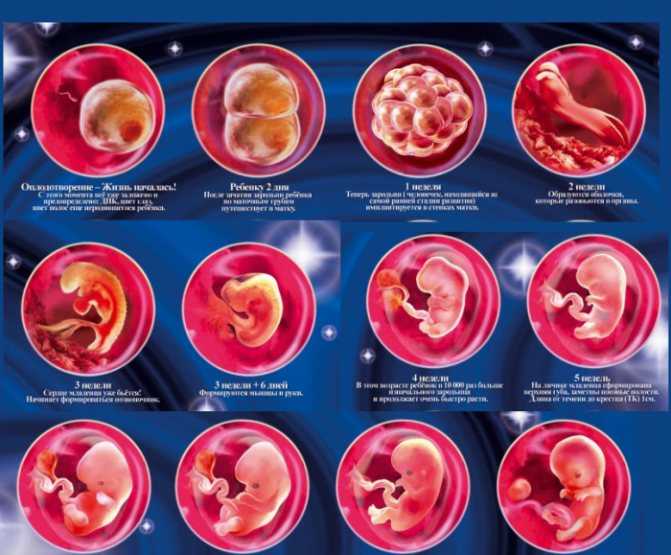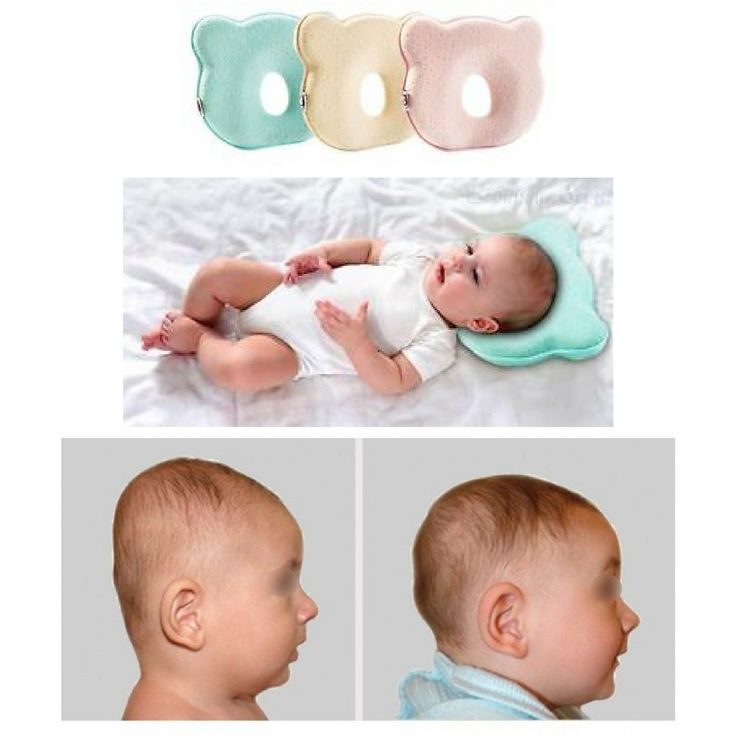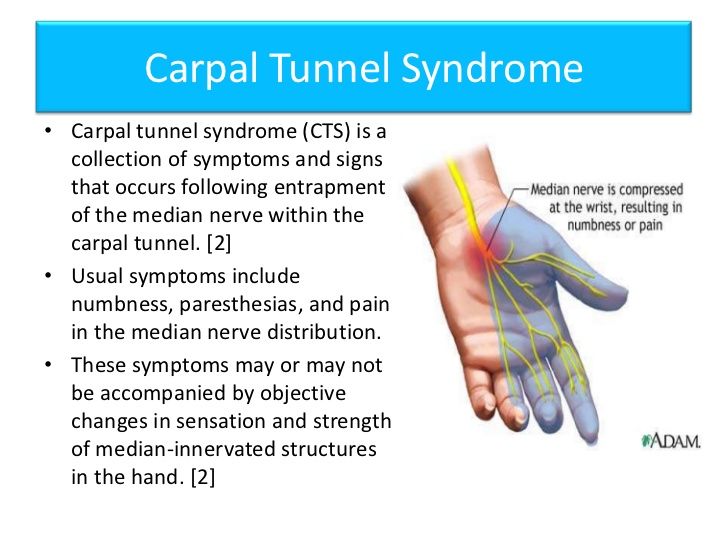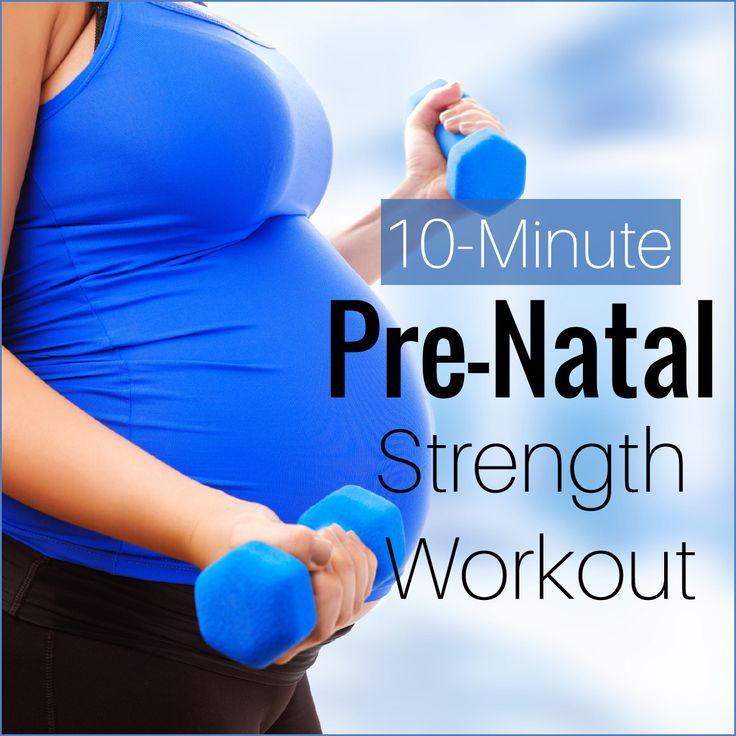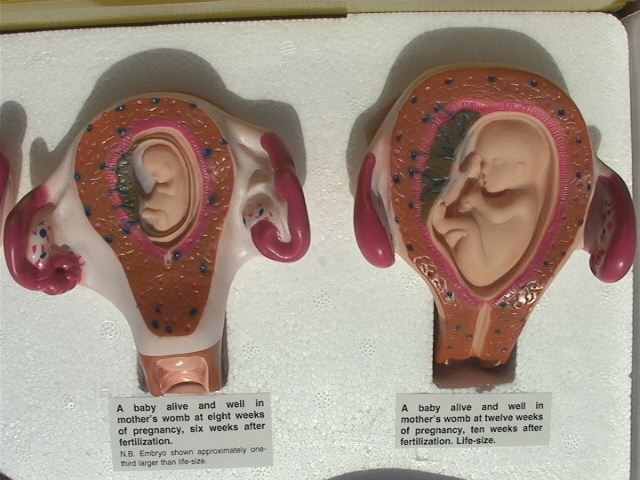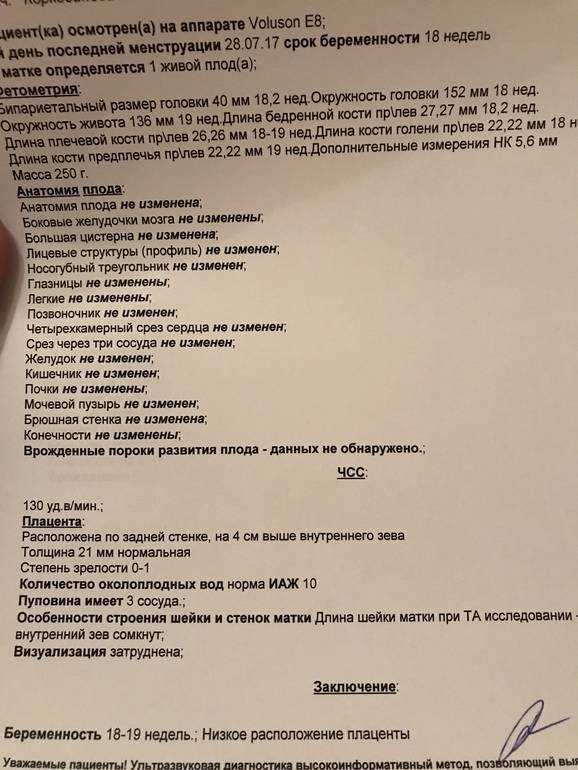Vomiting and diarrhea while pregnant
Vomiting and diarrhea when pregnant: Is it serious?
Vomiting and diarrhea are common during pregnancy. They can vary in duration and severity.
Below, we investigate what leads to both vomiting and diarrhea during pregnancy and which treatments work.
Share on PinterestMany women experience vomiting and diarrhea during pregnancy.Pregnant women frequently experience vomiting and diarrhea, and these issues sometimes overlap. This does not always indicate an underlying health problem.
It is also worth keeping in mind that the two symptoms may have different causes, and one, both, or neither may stem from pregnancy.
So what causes digestive issues such as vomiting and diarrhea during pregnancy? The answers can vary, based on the stage of the pregnancy:
First trimester
During the first trimester, one of the most common symptoms of pregnancy is morning sickness. This involves nausea and vomiting and typically occurs before week 17.
For most women, morning sickness lasts for a few weeks to months, but it can last for the entire pregnancy. Some women vomit once or twice a day, while others feel nauseous all day.
One medical review reports that anxiety, depression, and negative relationships with family can each make nausea and vomiting worse or occur more frequently.
Learn more about morning sickness here.
Meanwhile, stress can also cause gastrointestinal symptoms, including diarrhea.
Other common causes of diarrhea during pregnancy include viral and bacterial infections and certain medications. It is important to note that diarrhea can be dangerous, leading to potentially serious issues such as dehydration.
Learn more about dehydration during pregnancy here.
Second trimester
If vomiting starts or continues into the second trimester, it may indicate hyperemesis gravidarum.
This rare disorder causes vomiting and nausea that can be severe enough to require hospitalization. It can also lead to vitamin and mineral deficiencies, dehydration, and a 5% loss in original body weight.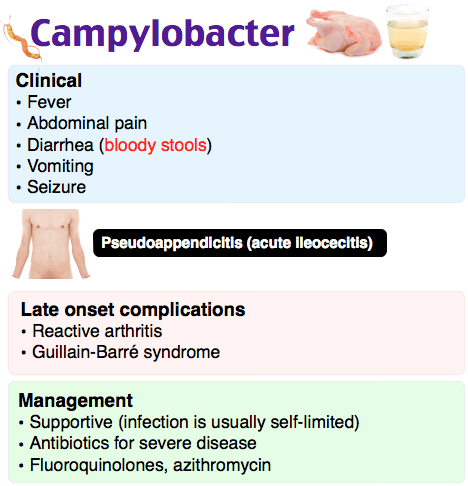
About 22% of women with hyperemesis gravidarum experience the symptoms — nausea and vomiting — throughout their pregnancies.
On the other hand, nausea and vomiting that appear after the end of week 16 may not be related to pregnancy. In this case, the cause can range from a stomach virus to a more serious issue, such as an ulcer or hepatitis.
Third trimester
Heartburn is common during pregnancy, especially later on, as the growing fetus places pressure on the stomach. Also, the sphincter between the stomach and the esophagus relaxes during pregnancy.
As a result of either or both factors, stomach acid can rise up into the esophagus, causing heartburn.
Learn more about heartburn during pregnancy here.
It is important to note that a sudden onset of nausea and vomiting during the second half of pregnancy can stem from preeclampsia, a serious complication that can lead to preterm delivery.
Some other signs and symptoms of preeclampsia include high blood pressure, heartburn, and swelling of the face and hands.
Learn more about preeclampsia here.
Also, diarrhea can be a sign of preterm labor. In some cases, a woman experiences no other signs, or there may be mucus-like vaginal discharge and lower back pain.
Various common health issues can cause both diarrhea and vomiting, including:
- food poisoning
- the stomach flu
- pancreatitis
- a food allergy
However, having diarrhea and vomiting at the same time does not necessarily mean that they are symptoms of one health issue.
Factors such as stress and preexisting conditions can also lead to either or both of these symptoms.
Mild vomiting and diarrhea during pregnancy typically require no specialized treatment. The symptoms may resolve on their own.
Some home care strategies include:
- eating bland foods, such as toast, bananas, crackers, and rice
- taking a prenatal vitamin
- eating more frequently
- eating toast or crackers in bed first thing in the morning, before moving
- taking frequent, single bites of foods such as nuts or crackers
If symptoms are more severe or are otherwise negatively affecting daily life, the following treatment options are safe during pregnancy:
- vitamin B6, which is available over the counter
- doxylamine, an ingredient in sleep aids
- prescription medication that contains both B6 and doxylamine
- prescription antiemetic drugs
It is especially important to consult a doctor about diarrhea and safe treatments, which can include loperamide (Imodium).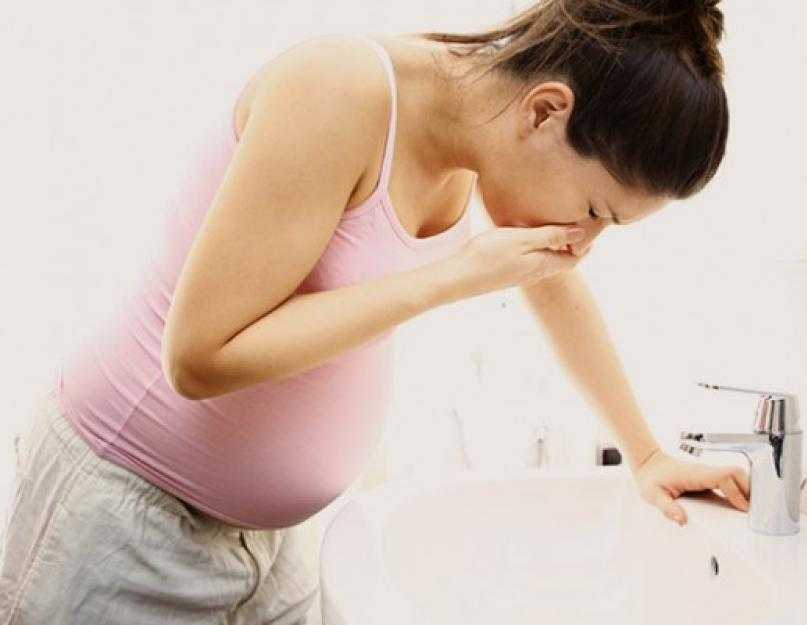
Learn how to manage and treat vomiting.
It may not be possible to prevent nausea, vomiting, or diarrhea, but taking the following steps may help:
- eating smaller meals
- eating foods that are easy to digest
- drinking plenty of fluids
- avoiding taste or smell triggers for nausea
A pregnant woman should see a doctor about vomiting or diarrhea that is severe or lasts for more than a few days.
In general, it is a good idea to contact a doctor about any diarrhea, lower back pain, and an increase in vaginal discharge.
Also, see a doctor about any symptoms of dehydration, including:
- dizziness or fainting when standing
- low amounts of urine, which is dark
- an inability to urinate
- a pounding heartbeat
- being unable to keep down liquids
It may be best to contact a doctor about any health concerns or unusual physical changes during pregnancy.
Diarrhea and vomiting are common during pregnancy, especially during the first trimester.
Either issue can lead to complications, and a woman should receive prompt medical care for severe diarrhea or vomiting. A doctor may recommend dietary changes, vitamins, medications, or a combination.
4 common pregnancy-related GI issues, and when to call the doctor | Your Pregnancy Matters
Mild gastrointestinal issues are common during pregnancy, but if you’re concerned, call your doctor.Gastrointestinal (GI) issues are common during pregnancy. As your baby grows, you’ll have less available real estate in your abdomen for your intestines, stomach, and esophagus to function. Additionally, hormonal changes can affect digestion and other GI functions.
Most GI symptoms pass relatively quickly during pregnancy and can be treated with over-the-counter remedies at home. However, to avoid potential complications, women should be aware of what’s normal and when to call the doctor when it comes to GI health during pregnancy.
1. Nausea and vomiting
During the first 16 weeks of pregnancy, we expect some mild to moderate nausea and vomiting – the infamous period of morning sickness. In fact, for many women, nausea is one of the earliest symptoms of pregnancy.
If you have severe symptoms, a doctor can recommend medication to reduce dehydration and discomfort. For mild symptoms, or if you prefer not to take medication, you can usually manage symptoms with dietary changes or vitamin therapy under the care of your doctor.
After 16 weeks of pregnancy, vomiting typically is not pregnancy-related and might be due to a bug or infection. In rare cases, vomiting can be caused by more serious medical concerns, such as hepatitis, pancreatitis, or ulcers. If you experience nausea or vomiting past the first trimester of pregnancy, don’t assume it’s pregnancy-related, and don’t let your doctor assume so, either, without checking for underlying causes.
2. Heartburn
Heartburn, or gastroesophageal reflux, affects three of five people in the general population. By the time women reach the third trimester, as many as half will experience heartburn at one point or another. During pregnancy, the muscle between the esophagus and stomach relaxes due to hormonal changes related to pregnancy. At the same time, the growing uterus puts increased pressure on the stomach. The combination is a perfect storm for heartburn.
By the time women reach the third trimester, as many as half will experience heartburn at one point or another. During pregnancy, the muscle between the esophagus and stomach relaxes due to hormonal changes related to pregnancy. At the same time, the growing uterus puts increased pressure on the stomach. The combination is a perfect storm for heartburn.
Eating smaller, more frequent meals can help stave off heartburn. Standard treatments – antacids, proton pump inhibitors (Prevacid), or h3 blockers (Tagamet or Pepcid) – are generally safe during pregnancy.
However, if you experience pain below the ribs in your upper abdomen, call your doctor. Although rare, epigastric pain can be a sign of fatty liver disease or preeclampsia, a serious blood pressure disease that can arise suddenly during pregnancy.
3. Diarrhea
Let’s face it – diarrhea is the worst. When it lasts just a few days, diarrhea typically is related to an infection (usually gastroenteritis) or eating something that upsets your stomach. Check in with your doctor to determine the best treatment option to reduce dehydration and duration of illness.
Check in with your doctor to determine the best treatment option to reduce dehydration and duration of illness.
Diarrhea that develops without an identifiable trigger or in combination with low back pain and increased vaginal discharge or mucus can be symptoms of preterm labor. Call your doctor immediately if you experience this combination of symptoms.
4. Constipation
Pregnancy hormones affect the lower GI tract, effectively slowing down the transit of stool through the bowels. This slow-motion process allows more water to be absorbed in the stools, which makes them hard to pass. Certain prenatal vitamins and iron therapy also can contribute to constipation. Later in pregnancy, pressure from the growing uterus can also make it harder to pass stools, which increases the risk of hemorrhoids.
Drinking more fluids and eating more fiber is effective in reducing and preventing constipation. Stool softeners are safe to use as well, and some iron supplements actually contain them. More severe constipation might require a mild laxative. Talk to your doctor about additional treatments if you experience abdominal pain, bloody stools, or painful hemorrhoids.
More severe constipation might require a mild laxative. Talk to your doctor about additional treatments if you experience abdominal pain, bloody stools, or painful hemorrhoids.
Most women will experience GI concerns at some point during pregnancy. If your symptoms are serious or if you are concerned, talk to your doctor. It’s better to be safe, and we’re here to help your pregnancy – and GI tract – flow smoothly.
Stay on top of health care news. Subscribe to our blog today.
Toxemia, Intestinal Problems, and Heartburn
Find out how pregnancy affects your digestive tract, which trimesters are more likely to cause indigestion and nausea, and what to do to manage them.
During pregnancy, the burden on the mother's body increases. The body needs more nutrients, the body produces additional hormones. And the growing fetus puts pressure on neighboring organs, including the stomach and intestines. We tell you what symptoms are observed in each trimester, how to cope with toxicosis and get rid of heartburn.
Contents:
- 2. Toxicosis and pregnancy
- 3. Causes, risks and treatment of diarrhea during pregnancy
- 4. Heartburn and stomach pain during pregnancy
- 5. Bloating, constipation and microbiota during pregnancy
- 6. Note
Changes in the work of the gastrointestinal tract by trimesters of pregnancy
The average duration of pregnancy is 40 weeks, which are usually divided into trimesters in accordance with the stages of intrauterine development of the child.
Each trimester is accompanied by a number of changes in the body, including in the gastrointestinal tract:
| The first trimester 1–13 weeks | 900 26 weeks | Third trimester of pregnancy 27–40 weeks |
| Morning sickness Morning sickness Zapor Intestinal disorder increased appetite TREAM to certain products Acid reflux | Constipation Acid Office 9000 9000 9000 9000 Flatulence Constipation Heartburn Violation of the outflow of bile Hemorrhoids |
The Atlas Genetic Test will help you find out how your genes affect the level of female sex hormones necessary for fertility and pregnancy.

Causes of gastrointestinal problems during pregnancy
Every pregnancy is accompanied by inevitable changes in the functioning of the digestive system. They are most often caused by hormonal changes and increased stress on organs, but they can also be associated with lifestyle and health conditions, for example:
- Sedentary lifestyle and unbalanced diet;
- Certain drugs, including calcium or aluminum antacids;
- Viral and bacterial infections;
- Intolerance to certain nutrients and allergic reactions;
- Stress;
- Diseases of the thyroid gland.
If you have chronic diseases of the gastrointestinal tract and you are planning a pregnancy, try to consult your doctor in advance. Symptoms of conditions such as irritable bowel syndrome (IBS) or acid reflux are more likely to get worse during pregnancy. Your doctor will help prepare your body and create a prevention plan to help relieve symptoms during this time.
Irritable bowel syndrome, or IBS, is a functional bowel disease that causes frequent abdominal pain, impaired peristalsis, bloating, constipation, or diarrhea.
Morning sickness, vomiting and general malaise during pregnancy
Morning sickness and morning sickness during early pregnancy are common, because the body undergoes important changes necessary for the development of the child.
up to 90%
women experience nausea during pregnancy
Doctors find it difficult to say with certainty why pregnant women feel sick in the morning. The main theory is hormonal changes. But there are some patterns associated with an increased risk of morning sickness:
- Multiple pregnancy;
- Toxicosis during previous pregnancy;
- History of morning sickness during pregnancy in close relatives;
- Tendency to motion sickness in transport;
- Use of oral contraceptives containing estrogen before pregnancy;
- Frequent migraines;
- BMI 30 and above;
- Elevated levels of stress hormones
Risks of severe morning sickness and how to reduce nausea
Nausea and vomiting are usually not associated with a risk for mother and child and disappear by 16-20 weeks of pregnancy, but it is not necessary to wait so long - there are ways that can help reduce nausea and enjoy the process of waiting for a new person:
- Get plenty of rest - fatigue increases toxicosis;
- Avoid smells and foods that cause nausea;
- Eat something right after waking up.
 A toast or a slice of bread will help reduce nausea;
A toast or a slice of bread will help reduce nausea; - Avoid hunger - empty stomach increases nausea. Eat small meals often, prefer low-fat, high-carbohydrate foods;
- Try ginger - studies show it helps with nausea;
- Sip as often as possible and prefer still water.
In rare cases, pregnant women may develop hyperemesis gestationis or excessive vomiting. This is a serious condition that can lead to dehydration, kidney damage, seizures, abnormal heart rhythms, and even death.
Signs of dehydration include dry mouth, dizziness, dark urine, infrequent urination and/or dizziness.
Symptoms of excessive pregnancy vomiting:
- frequent nausea for a long time and regular vomiting after meals;
- dry skin and lips;
- sudden weight loss;
- low blood pressure (below 90/60).
If symptoms of excessive pregnancy vomiting occur, do not wait until the condition resolves on its own. It is necessary to seek medical help as soon as possible - the doctor will prescribe treatment, help adjust the diet and lifestyle of the expectant mother.
It is necessary to seek medical help as soon as possible - the doctor will prescribe treatment, help adjust the diet and lifestyle of the expectant mother.
0.5–2%
pregnant women experience excessive vomiting
Diarrhea in pregnancy
The word "diarrhea" comes from the Greek language and literally means "to flow through". This is a condition during which bowel movements or bowel movements occur three times a day or more often. This phenomenon is especially typical for the third trimester of pregnancy, but it can also occur earlier.
Symptoms of diarrhea:
- Three or more bowel movements per day
- Urgent urge to have a bowel movement
- Abdominal pain and cramps
- Bloating
Causes of diarrhea during pregnancy poisoning, dysbacteriosis, bacterial and viral infections:
| Gastroenteritis | Use of lactose and gluten in case of intolerance to these nutrients |
| Bacterial infections: listeriosis or salmonella | Chronic gastrointestinal diseases: Crohn's disease, IBS, ulcerative colitis |
| Certain antibiotics and antacids to reduce acidity | Laxatives |
| Sugar substitutes such as sorbitol | Overconsumption of certain foods |
Tip: If you have recently returned from a vacation in an exotic country with nausea and diarrhea and find out you are pregnant, see your doctor as soon as possible.![]()
Gastroenteritis
One common cause of diarrhea during pregnancy is gastroenteritis or stomach flu. It is caused by bacterial or viral infections: norovirus, rotavirus, E. coli, salmonella, which enter the body through contact with contaminated surfaces, dishes, food and water.
Gastroenteritis usually lasts about three days. However, severe illness is a health hazard, especially during pregnancy, as it can cause dehydration, electrolyte imbalance, and lead to preterm labor.
The main symptoms of gastroenteritis are diarrhea without blood, nausea and vomiting, stomach cramps and pain, slight fever, headache and muscle pain.
Take extra precautions to reduce your risk of getting sick: frequent handwashing and surface disinfection. If the expectant mother has small children, they are not recommended to use the same cutlery.
Risks of diarrhea during pregnancy
Usually diarrhea during pregnancy is not a cause for concern.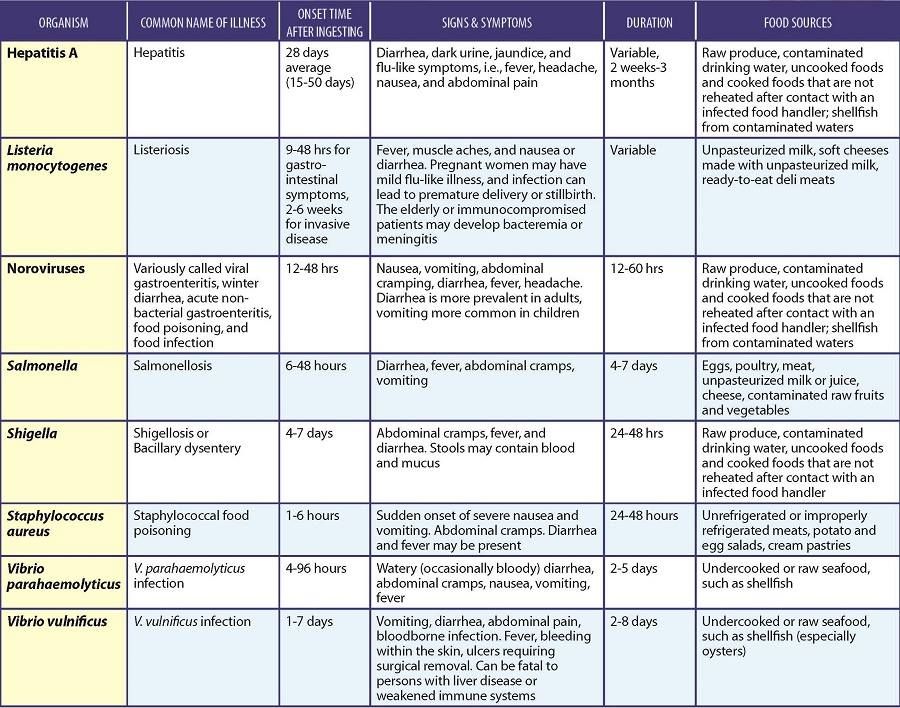 However, you should consult a doctor if the following symptoms occur during this period:
However, you should consult a doctor if the following symptoms occur during this period:
- Diarrhea for more than two days;
- Blood or mucus stools;
- Sudden weight loss;
- Pain in the abdomen;
- Dehydration.
How to treat diarrhea during pregnancy
If you have diarrhea during pregnancy, drink plenty of fluids, avoid foods high in fat and sugar, avoid dairy products, and caffeinated drinks.
Dehydration is a serious risk, especially during pregnancy, so electrolyte balance should be restored first with fluids and simple foods:
| Moderate fruit juices | Drinks without alcohol and caffeine |
| Bananas | Potato |
| Rice | Toast |
| Rusks | Light soups and broths |
| Pasta | Applesauce |
Find out about your body's ability to break down lactose and gluten with the Atlas Microbiota Test.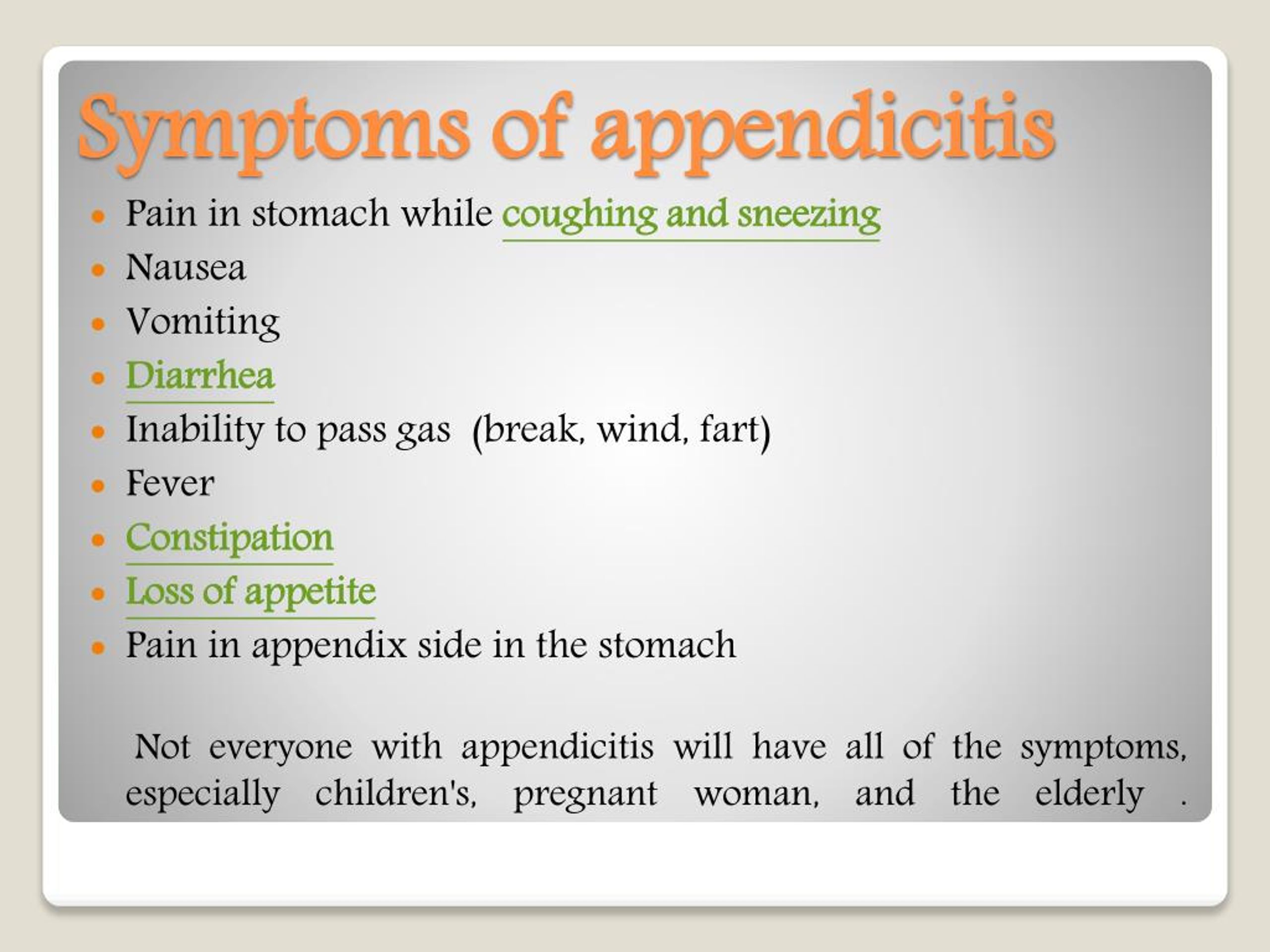
Stomach pain and heartburn during pregnancy
Many women experience stomach pain during pregnancy, especially in the upper part of the stomach, as well as heartburn - a burning sensation in the chest and esophagus.
This is more common in the third trimester, after about 27 weeks. This is an unpleasant but natural phenomenon during pregnancy: the baby grows inside the uterus and presses on other organs, including the stomach. And hormones cause the muscles to relax, which causes acid from the stomach to enter the esophagus and irritate it. In addition, pain can be caused by problems with certain organs such as the gallbladder, or inflammation of the pancreas.
Symptoms of heartburn during pregnancy:
- Burning in chest and esophagus;
- Feeling of overeating, heaviness or bloating;
- Belching, including with acid and/or food particles;
- Nausea.
It is unlikely that you will be able to avoid cramps and heartburn during pregnancy.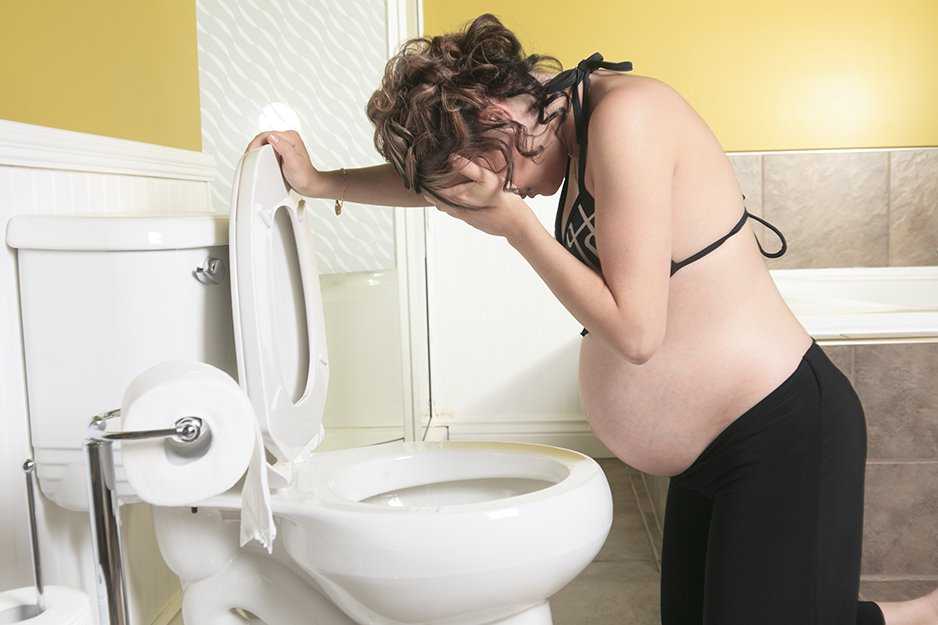 However, some tips can help reduce their frequency:
However, some tips can help reduce their frequency:
Nutrition : try to avoid overeating - eat easily digestible food in small portions; do not eat three hours before bedtime; watch your posture while eating - so the pressure on your stomach will be less.
Smoking and alcohol: In addition to known harms to mothers and babies, tobacco smoke also relaxes the muscles in the lower esophagus, allowing acid to enter the esophagus. And alcohol provokes heartburn and acid reflux.
Although stomach pain and heartburn often accompany pregnancy, abdominal pain, especially in the third trimester, should be taken seriously. It can be a sign of preterm labor or placental abruption, and puts mother and baby at risk.
If you experience severe abdominal pain during pregnancy that is accompanied by the following symptoms, seek medical attention as soon as possible:
| Abdominal pain and fever | Bleeding |
| Regular convulsions | Unusual vaginal discharge / spotting |
| Vomiting | Low back pain |
| Pain or burning when urinating | Severe pain that lasts 30-60 minutes |
Bloating, constipation and microbiota during pregnancy
Excessive gas and constipation during pregnancy can be caused by hormonal changes, such as increased production of progesterone. This hormone, essential for nourishing the uterus and fetus, relaxes the muscles of the body, including the muscles in the intestines, which slows down digestion and increases flatulence. A similar reaction of the body can be observed before each menstruation, when the production of progesterone increases.
This hormone, essential for nourishing the uterus and fetus, relaxes the muscles of the body, including the muscles in the intestines, which slows down digestion and increases flatulence. A similar reaction of the body can be observed before each menstruation, when the production of progesterone increases.
Flatulence - bloating of the abdomen due to the accumulation of gases.
Here are a few simple rules that will help improve bowel movements and avoid constipation and bloating:
- If you don't usually eat a lot of fiber and indigestible foods like legumes, try to gradually introduce them into your diet;
- Avoid carbonated drinks and fatty foods;
- Move more;
- Drink plenty of fluids.
If bloating and constipation are accompanied by severe pain that lasts more than 30 minutes, or if you have been constipated for two or more weeks, call your doctor.
Gut microbiota and bacteria during pregnancy
A woman's body goes through many changes during pregnancy, and this can affect the microbiota, the bacterial ecosystem that lives in the gut.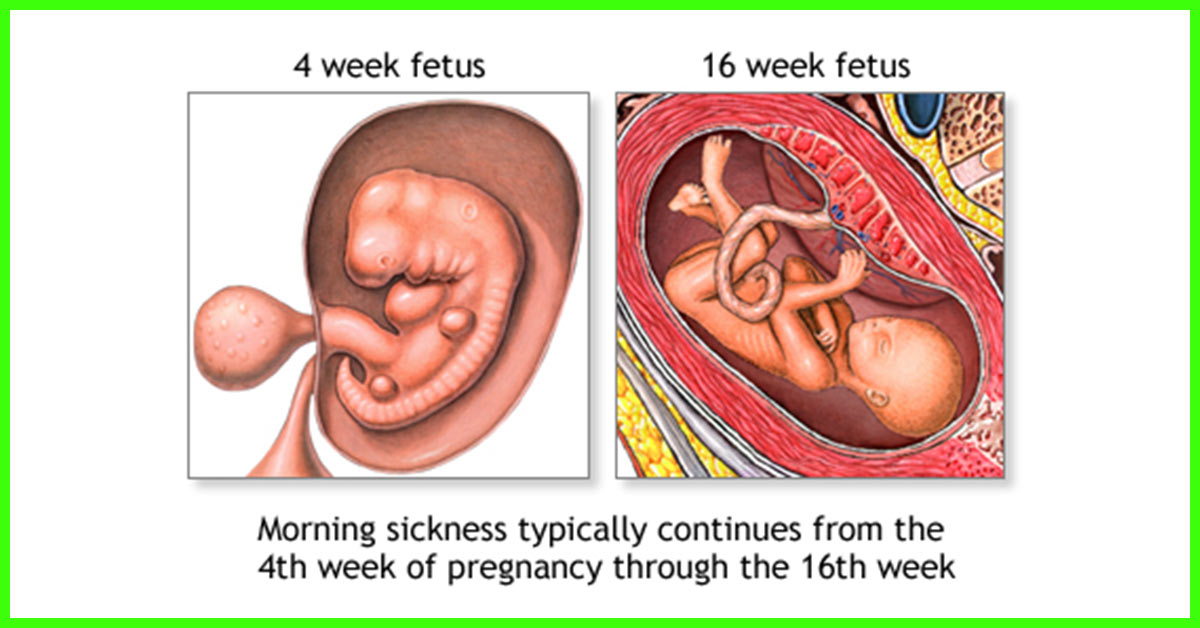 Trillions of microorganisms do important work for the whole body: they synthesize vitamins and essential acids, keep your intestines working and protect it from disease and inflammation.
Trillions of microorganisms do important work for the whole body: they synthesize vitamins and essential acids, keep your intestines working and protect it from disease and inflammation.
The additional influx of female hormones that accompanies pregnancy alters gut function and affects the microbiota. This is good, because the bacterial community is constantly adjusting to external and internal conditions in order to keep up with the needs of the body.
To keep your gut bacteria running smoothly, they need your help. Provide them with healthy foods and plant fibers. Fruits, vegetables, whole grains, nuts, and seeds contain prebiotics, special substances that beneficial bacteria feed on. When properly balanced, the bacteria even increase your body's defenses against harmful microorganisms that can cause gastroenteritis during pregnancy.
The Atlas Microbiota Test will help you understand how to prepare your intestines for future pregnancy and reduce the risk of digestive problems.
☝️ Take note
Now you have all the necessary knowledge and tools to help you deal with digestive problems during pregnancy. They are quite varied and quite natural, but in some cases it is necessary to immediately seek medical help:
- Vomiting blood;
- Blood in stool;
- Diarrhea for more than two days;
- Constipation for more than two weeks;
- Sudden weight loss;
- Severe pain interfering with daily activities;
- Difficulty breathing;
- Pain when swallowing or difficulty swallowing;
- Excessive fatigue.
More articles on the causes of digestive problems in the blog:
- 7 foods that cause gas and bloating
- Lindsey J Wegrzyniak, Treatment of Hyperemesis Gravidarum, 2012
- Edwards A. et al., The Maternal Gut Microbiome During Pregnancy, 2018
- National Health and Safety (NHS), Vomiting and morning sickness in pregnancy
- Kudzai Kanhutu, Travel and pregnancy: an infectious diseases perspective, 2011
- CDC, Pregnant travelers
- U.
 S. Department of Health and Human Services, Agency for healthcare research and quality, Abdominal Pain in Early Pregnancy
S. Department of Health and Human Services, Agency for healthcare research and quality, Abdominal Pain in Early Pregnancy - Robyn Horsager-Boehrer, M.D., UT Southwestern Medical Center, Should pregnant moms be concerned about gastroenteritis?, 2018
- International Foundation for Gastrointestinal Disorders, Pregnancy and Irritable Bowel Syndrome, 2016
- NHS Vomiting and morning sickness in pregnancy
- NHS, Severe vomiting in pregnancy
- Lindsey J Wegrzyniak et al., Treatment of Hyperemesis Gravidarum, 2012
- Karen Miles, Diarrhea during pregnancy, 2020
- Cleveland Clinic, Diarrhea
- You and your hormones, Progesterone
- Traci C. Johnson, MD, Pregnancy, Bloating, 2020
Diarrhea during pregnancy: symptoms, causes and consequences, diagnosis and treatment
Diarrhea during pregnancy: causes, diagnosis and treatment
Author, editor and medical expert - Ekaterina Aleksandrovna Zavgorodnyaya.
Editor and medical expert - Harutyunyan Mariam Harutyunovna.
Number of views: 1 061 032
Last update date: 12/29/2022
Average reading time: 9 minutes
Content:
Causes and symptoms of diarrhea during pregnancy
Diagnostic features DECIENTIONS
9052LA hospital
Diet
Is it possible to use IMODIUM ® Express during pregnancy? Frequent defecation causes significant discomfort and is often accompanied by additional unpleasant symptoms. In addition, this condition can pose a serious danger to the woman and the fetus due to the threat of dehydration and other risks. One of the difficulties is that with diarrhea in pregnant women in the first trimester, not all antidiarrheal drugs can be drunk.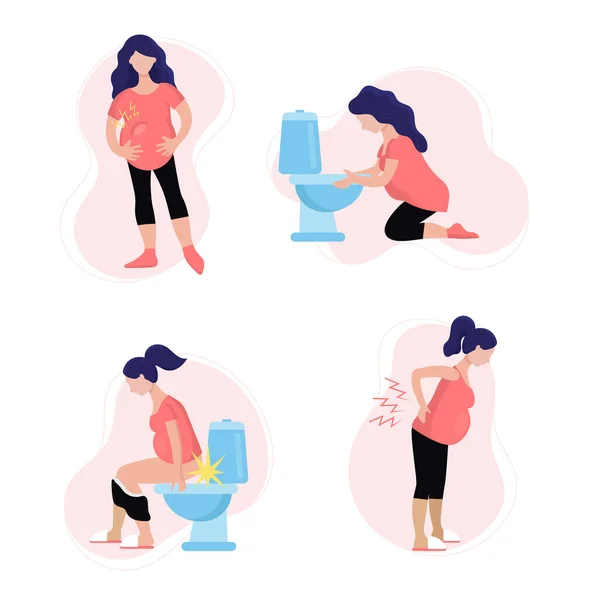 The active components of some drugs can have a negative effect on the fetus. That is why with frequent bowel movements it is necessary to consult a specialist. The doctor will diagnose and tell you what to do with diarrhea.
The active components of some drugs can have a negative effect on the fetus. That is why with frequent bowel movements it is necessary to consult a specialist. The doctor will diagnose and tell you what to do with diarrhea.
Back to content
Causes and symptoms of diarrhea during pregnancy
Infectious. Bacterial and viral infections (eg, noro- or rotavirus) can cause bowel dysfunction. They are usually transmitted by airborne droplets or the fecal-oral route. Pathogenic microorganisms also often enter the gastrointestinal tract through the use of low-quality foods or contaminated water. Infectious diarrhea during pregnancy in the second and third trimester may be accompanied by fever, chills, nausea and vomiting, painful abdominal cramps, and general weakness. An admixture of mucus often appears in the feces.
Non-infectious. This form of diarrhea can be caused by a variety of factors: changes in diet, frequent stress, disorders of digestion and absorption, some chronic diseases, taking certain medications. In this case, the pregnant woman may be disturbed by frequent defecation (sometimes with imperative, i.e., strongly pronounced, irresistible urges), abdominal pain in the upper or lower section. With organic lesions of the colon, an admixture of blood sometimes appears in the feces. In the later stages, violations of the frequency of bowel movements may be associated with fetal pressure on the digestive tract.
In this case, the pregnant woman may be disturbed by frequent defecation (sometimes with imperative, i.e., strongly pronounced, irresistible urges), abdominal pain in the upper or lower section. With organic lesions of the colon, an admixture of blood sometimes appears in the feces. In the later stages, violations of the frequency of bowel movements may be associated with fetal pressure on the digestive tract.
Up to content
Diagnostic features
When diagnosing a disease that caused diarrhea, it is important to exclude surgical, urological and obstetric pathologies. For this, an examination is mandatory, if necessary, the doctor prescribes an additional examination. Early diarrhea may be a manifestation of ectopic pregnancy, appendicitis, urinary tract infections, pyelonephritis, inflammatory bowel disease, and acute pancreatitis. That is why it is important to quickly establish the cause of the disruption of the intestines and select adequate therapy. It is also mandatory to monitor (monitor observation) the condition of the fetus at 37, 38 and 39weeks of pregnancy.
Back to Contents
Effects of Diarrhea in Early Pregnancy
Prolonged diarrhea can lead to dehydration, a condition that is dangerous for both the expectant mother and the fetus. It is manifested by severe weakness, dry mucous membranes, thirst. With a strong degree of dehydration, cardiac and respiratory activity can be disturbed. Diarrhea can also in some cases increase the risk of miscarriage due to an increase in the contractile activity of the uterus, and can lead to impaired uteroplacental blood flow.
Up to content
Directions for treatment
How to treat diarrhea should be decided by the doctor, taking into account the woman's condition, the cause of indigestion, gestational age and other factors. Typically, therapy includes the following areas.
| Restoration of water and electrolyte balance | Replenishment of fluid deficiency in pathologies accompanied by diarrhea is an important measure to prevent severe and life-threatening conditions. |
| Elimination of toxins | To reduce the load on the body, it is necessary to help it get rid of toxic substances. In some cases, gastric lavage is performed for this purpose. Also, strictly according to the doctor's prescription, you can take enterosorbents. These drugs, passing through the gastrointestinal tract, can bind toxic substances and promote their removal from the body in a natural way. By themselves, such drugs do not interact with the intestinal mucosa or other parts of the digestive tract. |
| Restoration of normal intestinal microflora | To normalize the processes of digestion and absorption, it is necessary that beneficial bacteria be present in the intestines. They can be obtained from food (for example, fermented milk products with live cultures). In addition, according to indications, the doctor may prescribe probiotic preparations that help restore intestinal microflora. |
| Treating the cause of diarrhea | If frequent bowel movements are a symptom of a bacterial infection, antibiotics may be used to treat. Such remedies can help eliminate the cause of diarrhea by destroying pathogenic microorganisms. The drugs are used strictly according to the doctor's prescription. |
Back to Table of Contents
When Hospital Treatment is Necessary
Diarrhea is not always treated at home. With severe dehydration, the risk of miscarriage, severe concomitant diseases, the doctor may suggest that the pregnant woman go to the hospital. Such a measure allows for constant medical supervision, which in such cases is often simply necessary. Urgently seek medical attention and urgent hospitalization may be required if:
- severe abdominal pain of any location;
- blood in feces;
- general lethargy.
The standard clinical indications for inpatient treatment are moderate to severe diarrhea accompanied by dehydration. It is also necessary to go to the hospital if home therapy does not work for 3-4 days (the pregnant woman does not get better, the symptoms persist).
Important! Even on an outpatient basis, the treatment of conditions accompanied by diarrhea should be carried out under the supervision of a physician.
Back to Contents
Diet
During the treatment of diarrhea, it is very important to adjust your diet in order to reduce the load on the digestive tract and help the body cope with the problem faster. In case of violations of the intestines, accompanied by frequent defecation, spicy, sour, fatty foods are excluded from the diet. With an intestinal disorder, you can not use whole milk, fresh fruits and vegetables, legumes, sweets, spices, smoked snacks. Liquid, semi-liquid, pureed, steamed products are allowed. They should be served warm, but not hot or cold. In the early days of infectious diarrhea, experts may recommend a starvation diet. Then, rice water, liquid cereals from oatmeal or buckwheat are introduced into the diet.
Back to Contents

